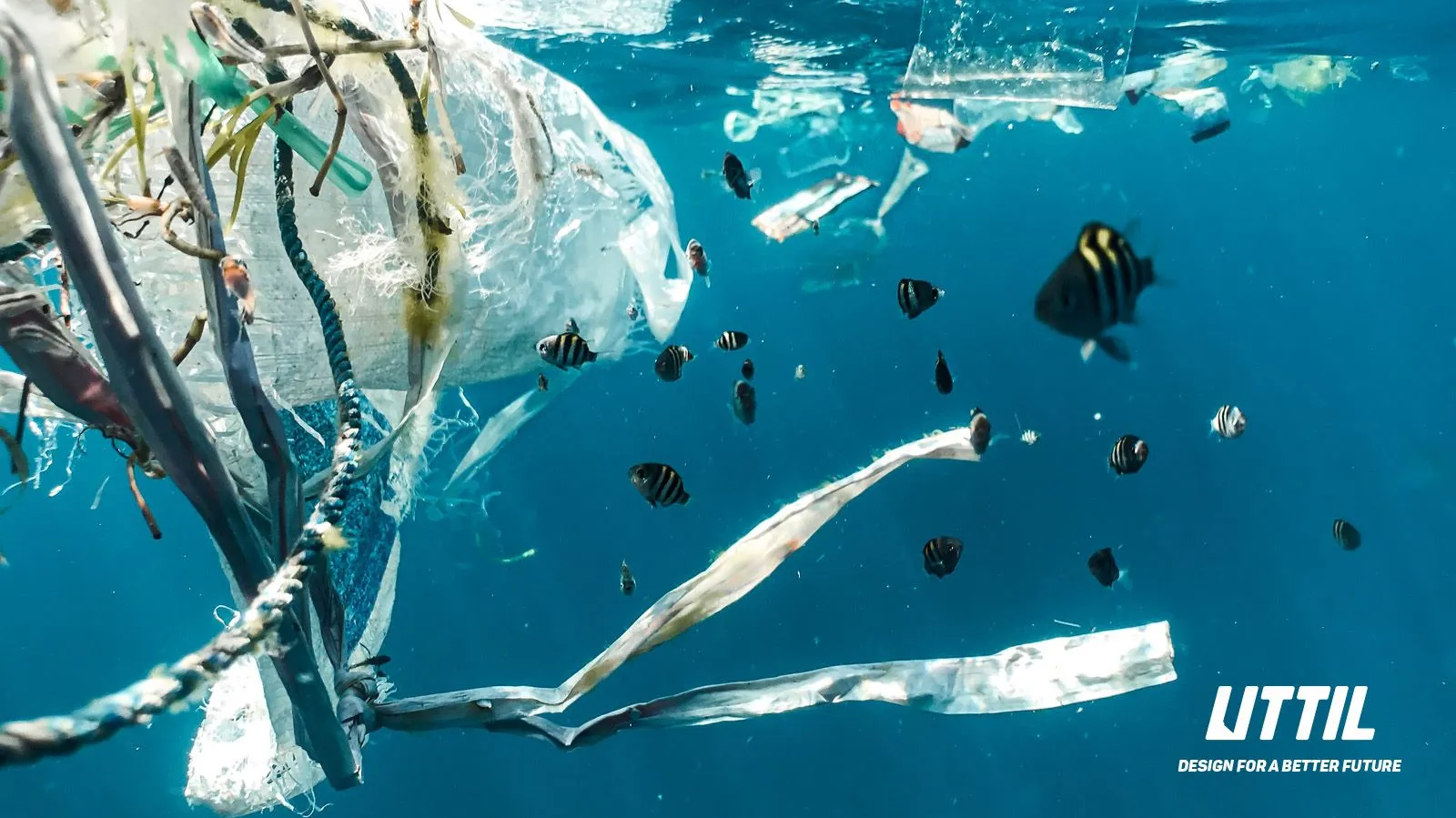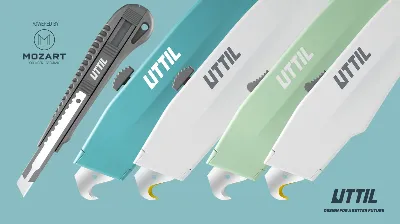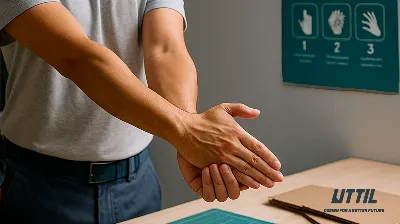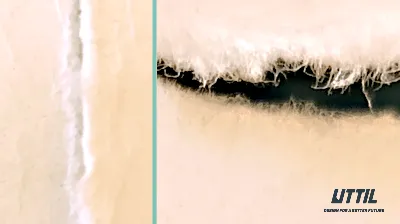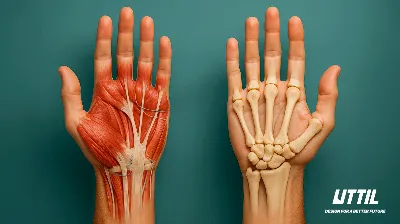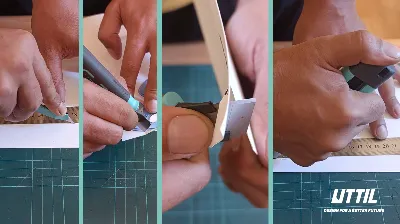The Global Plastic Invasion
Photo by Naja Bertolt Jensen
All right, mate, let's have a chinwag about something that's been bothering me for a while now: the sheer amount of plastic we're chucking into our oceans. I mean, it's not just a drop in the ocean; it's a proper invasion!
Imagine this: every year, we're throwing about 8 million tons of plastic into our oceans. That's like emptying a rubbish truck full of plastic into the sea every single minute. Bonkers, right? And if you're thinking, "Well, it's just a bit of plastic, how bad can it be?" – let me tell you, it's not just a 'bit'.
Now, I'm no mathematician, but when you consider that we're producing a whopping 380 million tons of plastic globally each year, it's clear we've got a massive problem on our hands. It's like we've invited plastic to a party, and it's the guest that never leaves. Worse still, it invites all its mates and they decide to stay too!
But where's all this plastic coming from? Well, a lot of it is from our daily lives. Those takeaway containers from Friday night's curry, the bottled water you grabbed on your way to the gym, or even the packaging from your online shopping spree. It's everywhere. And while some of it gets recycled, a lot of it ends up in landfills, and a significant chunk finds its way to our oceans.
Now, I've heard some folks say, "Why should I care? It's not in my backyard." But here's the thing: the oceans are everyone's backyard. They cover over 70% of our planet, and they're home to countless species of marine life. And this plastic invasion? It's wreaking havoc on their homes. Fish, turtles, and seabirds; they're all mistaking plastic for food. And that's just the tip of the iceberg.
The repercussions of this invasion are vast. For one, these plastics break down into smaller bits called microplastics. These tiny particles are so pervasive that they've been found in the most remote parts of the ocean. And guess what? They're entering our food chain. That's right; your favourite seafood now comes with plastic accompaniment.
But it's not all doom and gloom. The good news is that we're waking up to the problem. All around the world, people are rallying together to tackle this issue. Beach clean-ups, plastic bans, and innovative recycling methods are popping up everywhere. But it's a bit like trying to bail out a sinking ship with a thimble. We need to do more, and we need to do it fast.
So, what can you do? Be more careful about your plastic consumption. Do you really need that plastic straw with your drink? Can you carry a reusable water bottle instead of buying a new one every time? Can the plastic product you buy be recycled or composted? Small changes in your daily habits can make a big difference.
If you're thinking "I'm just one person, how can I make a difference?" - remember this: Every piece of plastic you reject, reduce or recycle is a piece you prevent from entering our food chain.
On a large scale, the global plastic invasion may seem like an insurmountable problem. But with collective effort, awareness and action, we can turn the tide. After all, a clean planet is worth fighting for, isn't it?
So, the next time you're about to toss something plastic away, think. Don't let our oceans drown in plastic, prevent it from getting into the food you eat. Let's be the change you want to see.

